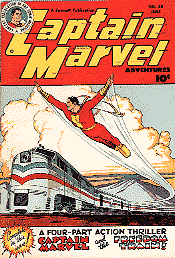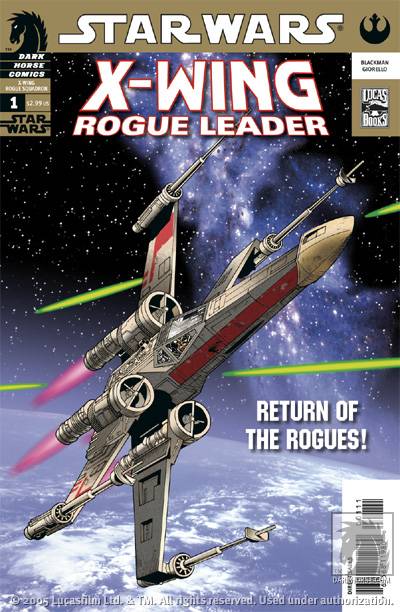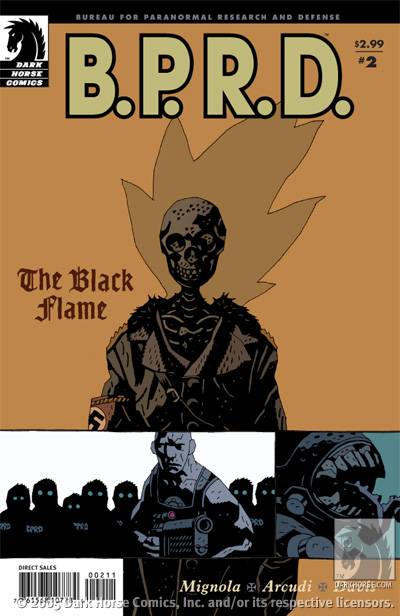The Walking Dead
/
The striking thing that I noticed about The Walking Dead's first episode, 'Days Gone By' is the stark, minimal feel to a post-Zombie world. There's no music, just the footsteps, birdcalls and buzzing of flies that hang in the air as the action moves forward. The TV show, which has thus far broken all viewer records for the host channel AMC, seemed like an almost guaranteed hit for the channel. The reasons for the success extend beyond the inclusion of zombies, but because the show is something that resonates with a modern audience.
Zombies have been on the rise in recent years: major film productions have been popular, such as 28 Days Later, Shaun of the Dead, (And of course, the George Romero films that have come out) in addition to books such as Cherie Priest’s Boneshaker, World War Z (And The Zombie Survival Guide, both by Max Brooks) John Joseph Adam's Zombie anthologies, and Pride and Prejudice and Zombies, by Seth Grahame-Smith (and Jane Austin), with The Walking Dead remaining popular in print form, and now jumping mediums to the small screen, where it seems like it’s well suited for television.
As an adaptation goes, The Walking Dead is off to a decent start. Rather than giving into the impulse to make a show that was high on action and rapid pacing, the show’s creators have gone in the opposite direction: Days Gone By, much like the comic, is paced slowly, and the end result is a fairly slow episode: in any other context, I would have found the show fairly boring – there’s plenty of suspense, but one major element (the whereabouts and wellbeing of Grime’s family) is revealed fairly early on. The first major encounter with a mass of the undead doesn’t happen until the end of the episode, in a particularly frightening scene as Grimes and his horse are surrounded.
As it stands, The Walking Dead is possibly one of the better takes on the zombie genre thus far: the message and point of the show isn’t about the undead themselves, but the world around the survivors. Zombies stories have been rife with allegory, and both print and motion picture versions do exactly that.
A standout moment in Sunday’s episode saw some discussion as to how people hadn’t prepared for the events that transpired. Given the political climate present in the country at the moment, it’s not a hard leap to imagine. Zombie fiction tends to lend itself well to a libertarian dream of a more down to earth rule of law, without the worries of infrastructure and government, living on one’s own wits and instructs. Then there’s the guns.
The decline of the U.S. economy is something that has been at the forefront of political and economic news for almost two years, and I can’t help but wonder if shows such as Jericho (cancelled after a season and revived, only to be cancelled again) would have better succeeded if it had aired just a couple of years later. Other shows that have reflected the political feelings of the day have done well critically, such as SyFy’s Battlestar Galactica, HBO’s True Blood or Fox’s 24. While this isn’t a singular contributing factor, relevancy is something that a public audience will relate and respond to.
Here, amongst the shambling zombies, there’s a good set of themes that the series seems to have picked up on and incorporated into its storylines. In addition to the rise in popularity of the zombies themselves, The Walking Dead has an exceptionally bright future. Indeed, it’s already been renewed for a second season to follow up the first six episodes that compose the first season.
While the zombie bandwagon has been an easy thing to jump on - the popularity is only going to peak from this point on - The Walking Dead is a good example of both an adaptation and of the use of zombies. The original comic book seems to have translated very well, with creators understanding the overall picture and changes needed for the small screen. Like any bandwagon, there have been a number of stories, films and comics that have included zombies to some extent, with widely varying levels of quality. The focus, for some of the best stories, it seems, should be not on the zombies themselves, but on the people that they effect. While I've tried to avoid fanboying the craze, the show offers a quality story, rather than gimmicks to help it succeed.
Beyond the successes of a zombie show (the first that I’m aware of), the introduction of a well executed and received genre show is a very good thing, especially in the middle of a television season that has been lacking. The Walking Dead is looking to be a compelling and interesting drama. Thus far, it looks like it’s lining up to do just that.














